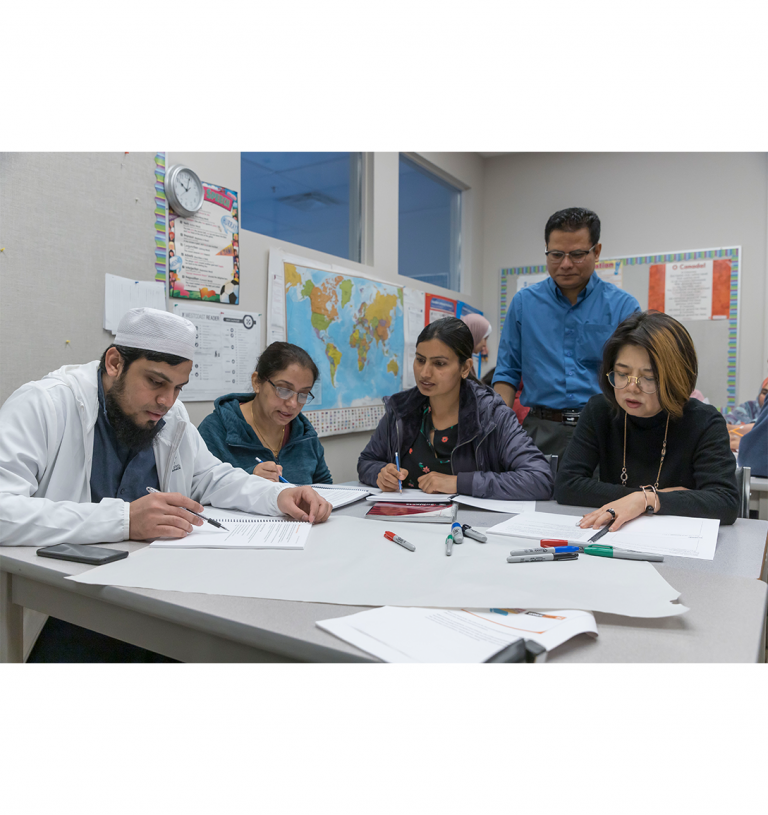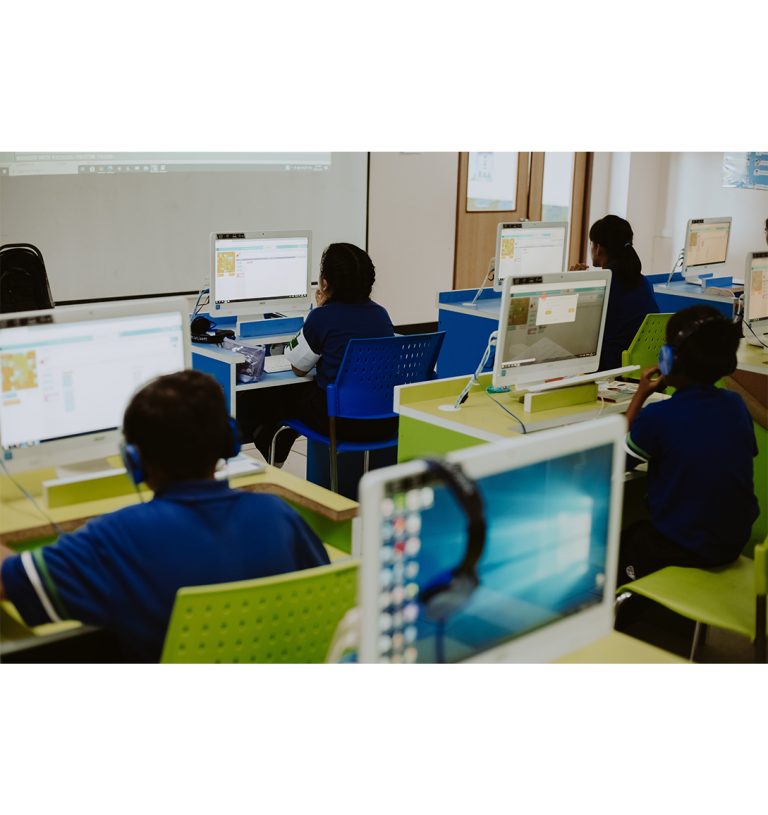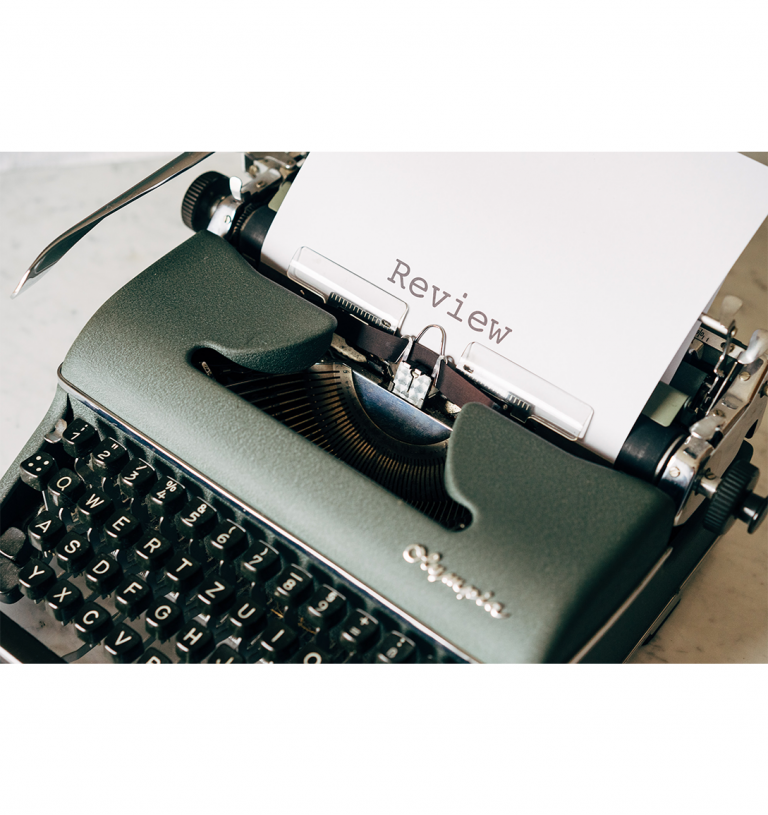Book reading provides an incredibly rich opportunity for word learning. In this project, we ask whether the cultural context of the story influences children’s word-learning in terms of spelling and/or meaning in a self-teaching task. This project bridges across the goals of the partnership grant and will be the first of a series of collaborations across the Weatherhead and Deacon research labs.
In this work, we apply sociolinguistic principles of oral word learning to a book reading task. Four-to-six-year-olds will complete a standard self-teaching’ task in which children read short stories about new words—inventions—after which they are tested on the spelling and meaning of these words. Key to this study, we will introduce two different types of cultural manipulations. We will vary 1) the cultural identity of the inventor of these new inventions, and 2) the cultural familiarity of the inventions themselves.
The research that we propose connects the SSHRC PG grant themes of Culture, Oral Language, and Literacy. The results of this work will help to identify how cultural diversity in stories affects word learning during book reading, thus allowing us to devise solutions to overcome any limitations apparent in unfamiliar learning contexts and utilize any benefits that may be observed. The outcomes of this work will support literacy development more broadly, with the potential for a particularly positive impact on children from immigrant communities.




